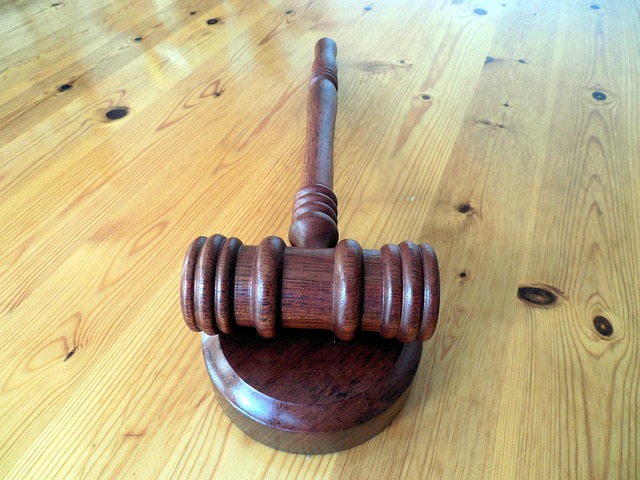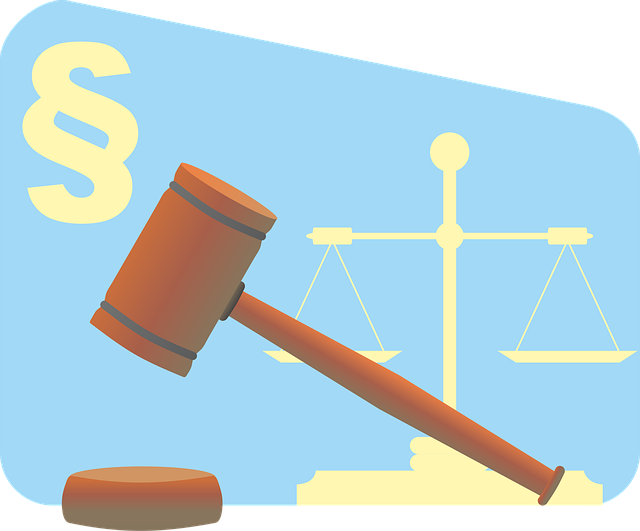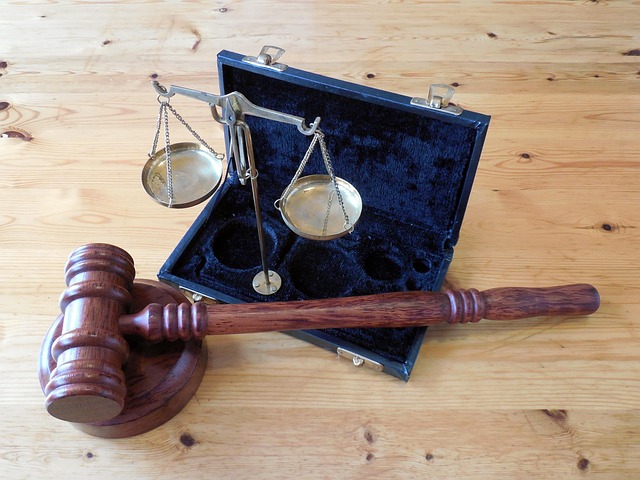Understanding whistleblower protection laws is vital for individuals exposing fraud and corruption, offering legal recourse against retaliation like termination or harassment. To defend against criminal charges stemming from whistleblowing, gather strong evidence, consult specialized attorneys, and employ robust self-defense strategies, focusing on legal protections and comprehensive documentation to achieve justice through settlements or charge dismissals.
“Whistleblower protection lawsuits are instrumental in upholding justice and ensuring workers’ rights. This article serves as a comprehensive guide, offering insights into navigating complex legal landscapes and safeguarding your future. We explore essential aspects, from understanding whistleblower laws and your entitlements to practical best practices for filing lawsuits.
Furthermore, discover effective self-defense strategies tailored for criminal cases, empowering you with the best tactics to protect yourself against potential retaliation.”
- Understanding Whistleblower Protection Laws: Your Rights and Resources
- Navigating the Legal Process: Best Practices for Filing a Lawsuit
- Effective Self-Defense Strategies: Protecting Yourself Against Retaliation
Understanding Whistleblower Protection Laws: Your Rights and Resources

Understanding Whistleblower Protection Laws is a crucial step in safeguarding your rights as a whistleblower. These laws provide a safety net for individuals who expose illegal or unethical activities within their organizations, offering protection from potential retaliation. In many jurisdictions, whistleblowers have specific legal recourse to seek refuge from adverse actions, including termination, harassment, or discrimination, that may arise due to their disclosures.
Whistleblower Protection Laws are designed to encourage citizens to come forward with information about fraud, corruption, and other illegal activities without fear of retribution. By utilizing these laws, whistleblowers can initiate legal proceedings against their former employers or the entities they expose. This not only ensures their safety but also plays a vital role in holding powerful institutions accountable, fostering transparency within the philanthropic and political communities, and facilitating the success of high-stakes cases at all stages of the investigative and enforcement process.
Navigating the Legal Process: Best Practices for Filing a Lawsuit

Navigating the legal process when filing a whistleblower protection lawsuit requires careful consideration and strategic planning. The first step is to gather comprehensive evidence supporting your claims. This includes any documentation, communications, or records that demonstrate the retaliation or discrimination you faced for reporting illegal activities. It’s crucial to keep detailed notes on dates, conversations, and events related to your case.
Additionally, seeking legal counsel from experienced attorneys specializing in whistleblower protection is essential. They can provide invaluable guidance tailored to your situation. These professionals will help you understand the respective business laws and regulations relevant to white-collar and economic crimes, ensuring that your best self-defense tactics are employed. By following these best practices, you enhance your chances of achieving extraordinary results and securing justice for your efforts.
Effective Self-Defense Strategies: Protecting Yourself Against Retaliation

In the face of potential retaliation, whistleblowers must employ robust self-defense strategies to safeguard their rights and ensure justice. One of the best self-defense tactics in criminal cases is a comprehensive understanding of your legal protections under whistleblower protection laws. These laws, designed to encourage the exposure of corporate misconduct, offer a shield against retribution from employers or colleagues. By familiarizing yourself with these protections, you can better navigate any legal proceedings and achieve extraordinary results.
Additionally, developing a robust general criminal defense strategy is crucial. This includes meticulously documenting all interactions related to your whistle-blowing activities and maintaining detailed records of any potential evidence that could support your case. Such documentation not only bolsters your defense but also serves as a powerful tool in negotiating settlements or securing the complete dismissal of all charges.
In the fight for justice, understanding and utilizing whistleblower protection laws are pivotal. By knowing your rights and employing best practices during the legal process, individuals can effectively navigate their cases. Additionally, adopting robust self-defense strategies ensures that whistleblowers protect themselves against potential retaliation. Embracing these tactics, as highlighted in this article, serves as a powerful tool for those who dare to expose wrongdoings, ultimately fostering a culture of transparency and accountability.






